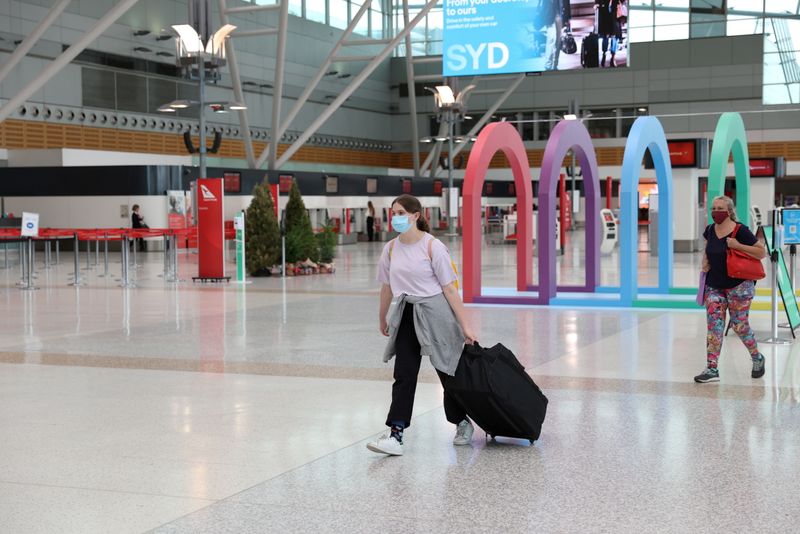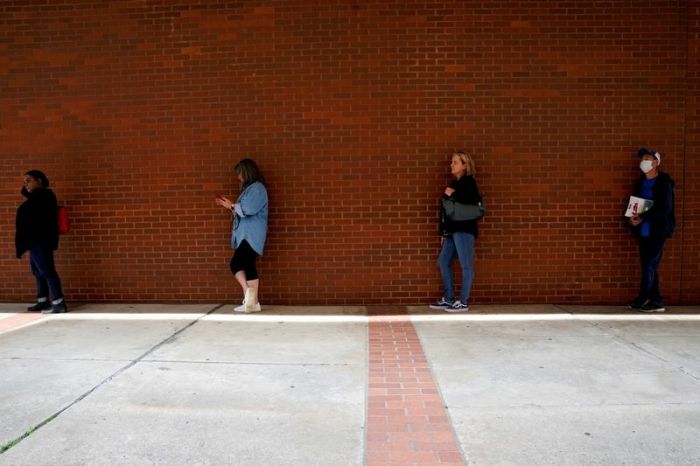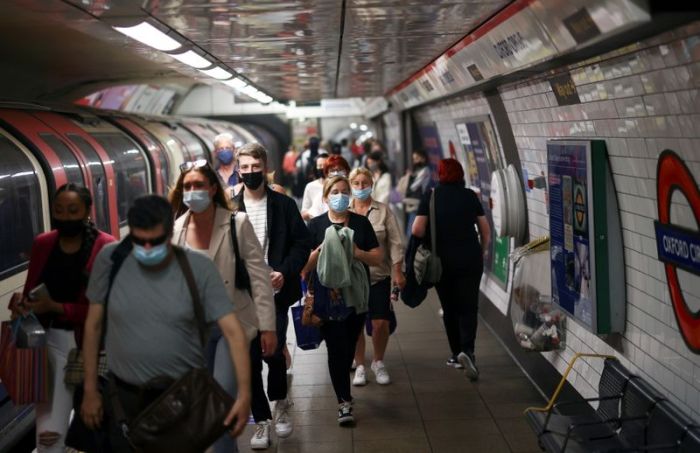SYDNEY (Reuters) – Sydney Airport Holdings Pty Ltd said on Thursday it would reject a A$22.26 billion ($16.6 billion) takeover proposal from a group of infrastructure funds, the biggest of a frenzy of Australian deals fuelled by record-low interest rates.
The operator of Australia’s largest airport said directors had unanimously concluded the proposal undervalued the airport and was not in the best interest of shareholders. If successful, it would have been one of Australia’s biggest buyouts.
Record-low interest rates have prompted pension funds and their investment managers to chase higher yields, leading to recent asset purchases from Telstra Corp and Qube Holdings.
Electricity poles-and-wires company Spark Infrastructure Group rejected a A$4.91 billion buyout proposal from private equity firm KKR & Co Inc and Ontario Teachers’ Pension Plan Board but left open the chance of some engagement.
Last week, the Sydney Aviation Alliance, a consortium of IFM Investors, QSuper and Global Infrastructure Partners offered A$8.25 a share, for a premium of 42% to pandemic-ravaged Sydney Airport’s last trading price before the offer.
Shares of Sydney Airport were flat at about A$7.80, a sign the market expects further negotiations.
The proposal is contingent on a board recommendation and access to due diligence. Sydney Airport said its board would only accept a buyout deal that would “deliver and recognise appropriate long-term value”.
“The board is obviously trying to play hardball, but we do think it’s a pretty unique long-dated asset so we are supportive of their decision so far,” Andy Forster, a portfolio manager at Argo Investments, a top-20 investor in the airport, told Reuters.
In a statement, the Sydney Aviation Alliance said it was “surprised and disappointed” by the rejection, but did not say if it had ruled out a higher offer.
The Australian government has a foreign ownership cap of 49% on airport operators. IFM, QSuper and UniSuper are Australian, while Global Infrastructure Partners is from the United States.
Sydney Airport is Australia’s only listed airport operator and a purchase would be a long-term bet on the travel sector. The city’s lockdown will run at least two more weeks after a rise in COVID-19 infections.
A successful deal would bring its ownership in line with the country’s other major airports, which are owned by consortia of infrastructure investors, primarily pension funds.
Australia’s mandatory retirement savings system, known as superannuation, has assets of A$3.1 trillion, according to the Association of Superannuation Funds of Australia.
A Sydney Airport purchase, with an enterprise value of A$30 billion including debt, would position it to reap financial benefits when borders reopen.
If successful, the purchase would be one of Australia’s largest by enterprise value in U.S. dollar terms, on par with the $22-billion purchase of mall operator Westfield Group by Unibail-Rodamco in 2017, Refinitiv data showed.
It would require the approval of the Foreign Investment Review Board and Australia’s competition regulator.
Cross-ownership rules may compel IFM to sell down a portion of its holdings in other major Australian airports, Morgan Stanley analyst Rob Koh said.
“It may be there is a series of further airport transactions as a result of this,” Koh said at a CAPA Centre for Aviation event on Wednesday, adding that co-owners who probably have pre-emptive rights would be logical buyers.
Last week, Bloomberg News said a consortium led by Macquarie Group was considering a rival offer, citing unidentified sources. With talks at an early stage, Macquarie could also consider joining the Sydney Aviation Alliance, it added.
In a note, Credit Suisse analysts said there was potential for other bidders, such as Macquarie, Australia Super and the Future Fund, to get involved. Macquarie once owned Sydney Airport and the rest have stakes in other Australian airports.
($1=1.3407 Australian dollars)
(Reporting by Jamie Freed and Paulina Duran; Editing by Stephen Coates and Clarence Fernandez)


























